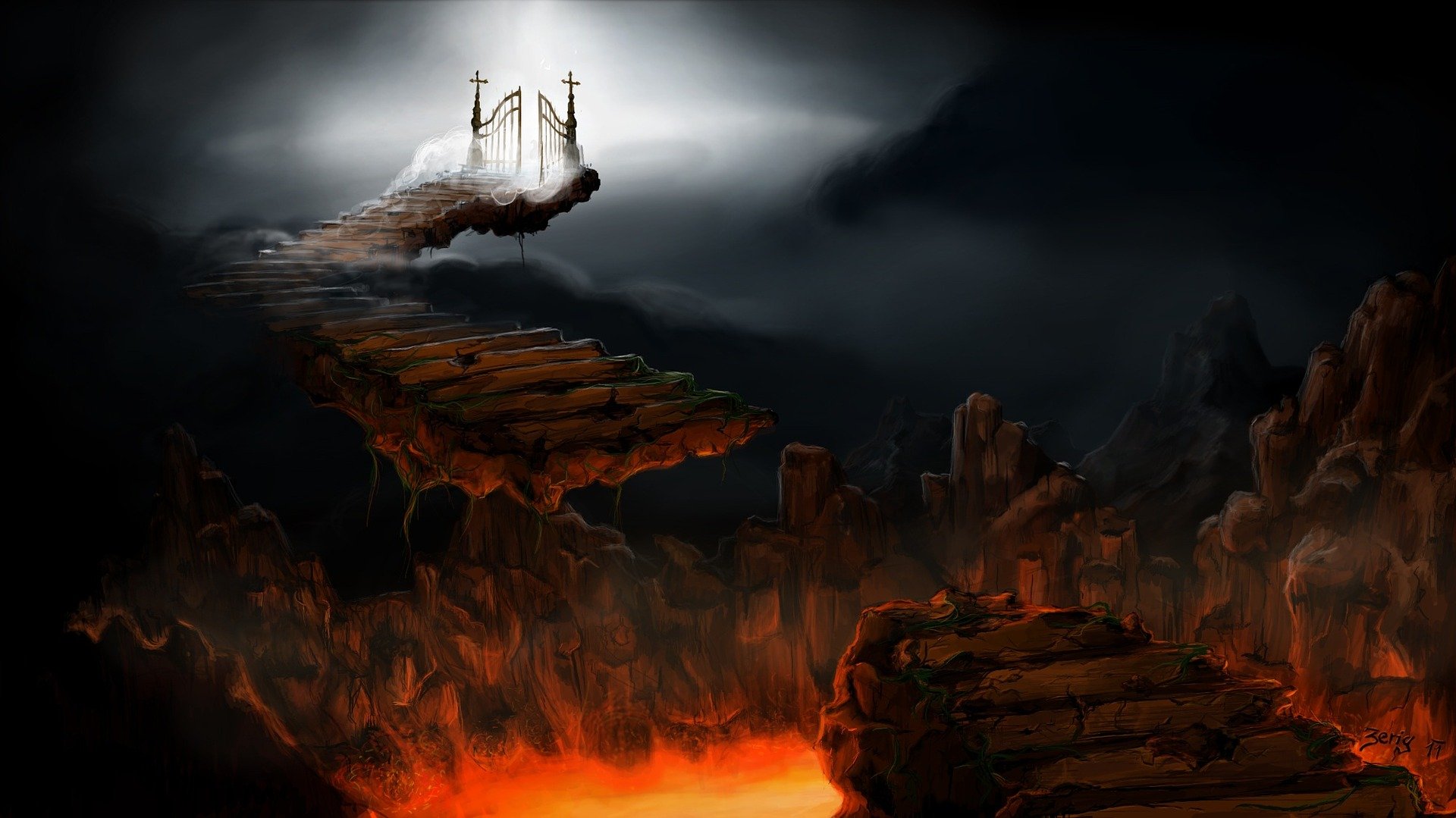Enrico Finotti
Why there is no more mention of the Novissima?
Many people in recent decades have observed the absence in preaching and catechesis of the theme concerning the Quattuor Novissima, or Four Last Things, namely Death, Judgment, Hell and Heaven. There seems to be a certain fear in talking about it and taking the risk of offending the listeners. Yet no theme of this nature is more present and clearly expressed in Revelation. Of Death it is said that “God created man for immortality […] but death entered the world through the envy of the devil (Wis 2: 23-24); of Judgment it says: “In fact, we must all appear before the tribunal of Christ, each one to receive the reward for the works done while he was in his body, both for good and for evil” (2 Cor 5:10); of Hell the Lord says: “Go away from me, cursed, into the eternal fire, prepared for the devil and his angels” (Mt 25:41); of Heaven, in the same text, Christ affirms: “Come, blessed of my Father, inherit the kingdom prepared for you from the foundation of the world” (Mt 25:34). With regard to Purgatory, the Council of Trent taught that, “there is a Purgatory, and that the souls there detained are helped by the suffrages of the faithful, but principally by the acceptable sacrifice of the altar” (Decree on Purgatory). Then there are innumerable biblical texts which speak of these very last realities (with even more clarity) – (these last realities) that await every man and that loom over the future of the world. Our Lady, like a good mother, has been preparing her children for a long time not to lose sight of the four Novissima as those supernatural realities that follow our bodily death and concern each one personally. It is notable that in Fatima, the Blessed Virgin Mary revealed to the three visionaries the realities of Hell, Purgatory and Heaven. To prevent the fading of the impact of this experience and to ensure its remembrance among the Christian people, Mary taught the seers of Fatima a short prayer that is recited at the end of every decade of the holy Rosary. Here is the text: O Jesus forgive our sins, save us from the fires of Hell, lead all souls to Heaven, especially those most in need of your mercy. As you can see, here are recalled the truths of sin, the cause of Death – of Hell, “where the souls of poor sinners go”; of Purgatory and Heaven “lead all souls to heaven”. Our Lady, therefore, is today the great catechist of the people of God in a time of confusion of the dogma of the faith. We must, therefore, have no doubt about it. It is an indisputable doctrine that has always been proclaimed in the Tradition of the Church. It is necessary to overcome that embarrassment which comes from the world, and with equanimity to fully explain the teaching of the faith. Indeed, a precise and constant catechesis on the Novissima has great efficacy for the salvation of souls and even more so for our sanctification. An incomplete evangelical announcement on issues of such importance makes God’s grace vain and injects the poison of error and moral laxity into the soul.
(From “La spada e la Parola. Il liturgista risponde”, 2018©Chorabooks. Translated by Aurelio Porfiri. Used with permission of the publisher. All rights reserved) (Photo: ZERIG at Pixabay)


 Follow
Follow


